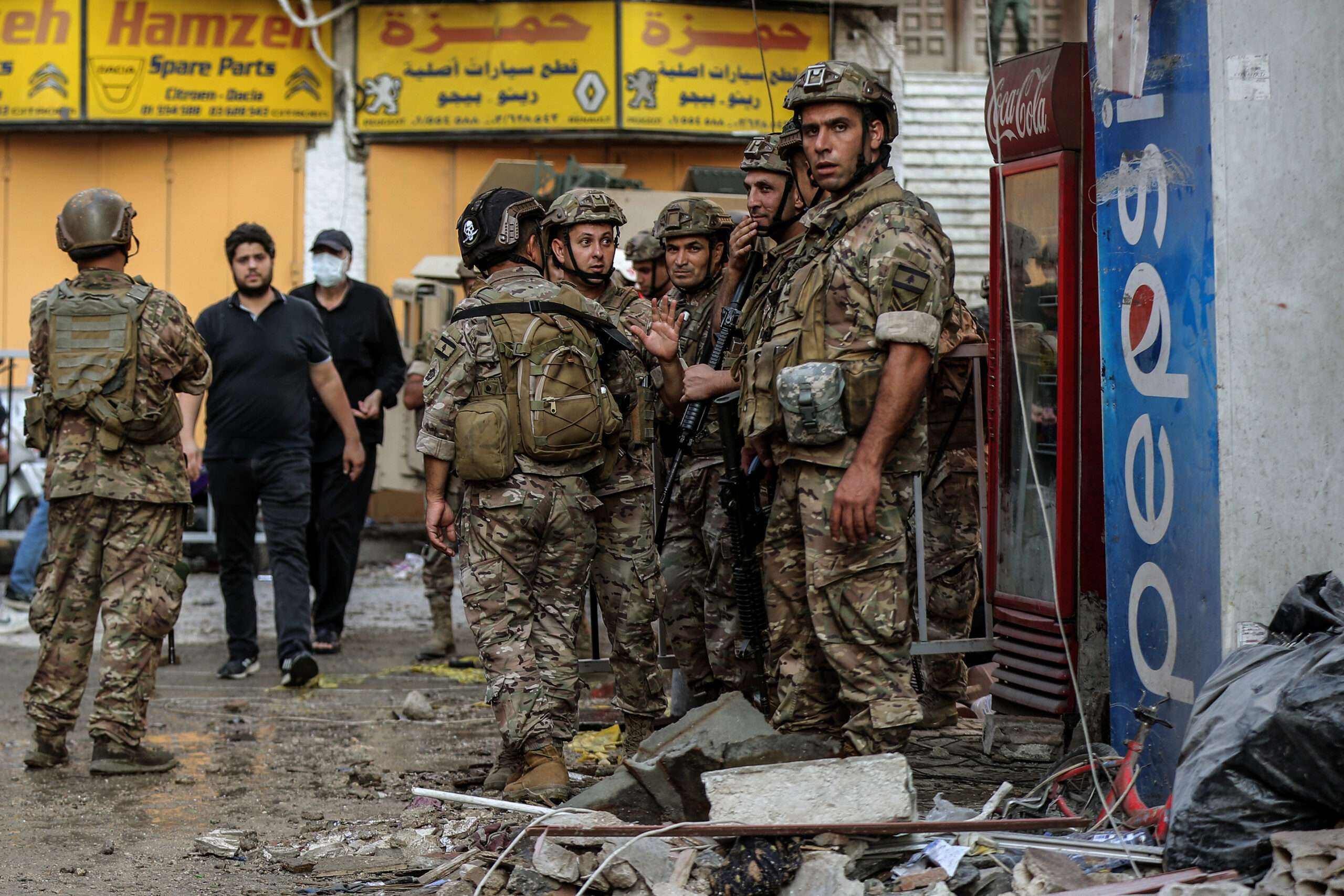In a familiar scenario in the Middle East, two armies equipped with American weaponry engaged in combat. This occurrence, whether intentional or not, has historical precedence, such as during the Iran-Iraq war and the Syrian rebel infighting. The recent clashes between the U.S.-backed Israeli army and the U.S.-backed Lebanese army reflect the repercussions of U.S. foreign policy decisions.
Despite efforts by the Lebanese government to stay neutral, the involvement of the Lebanese militia Hezbollah in conflict with Israel drew the Lebanese army into the fray. This escalation culminated in exchanges of fire between the Lebanese and Israeli forces, marking a significant development in the ongoing conflict.
The U.S. has played a pivotal role in arming and training both the Israeli and Lebanese armies, with the intention of promoting stability in the region. However, the recent clashes highlight the complexities and challenges of managing these conflicts, despite U.S. aid and support.
As tensions continue to escalate, calls for de-escalation and ceasefire have been made by various parties, including President Joe Biden. The need for diplomatic solutions and peaceful resolutions to the conflict remains paramount in order to prevent further escalation and loss of life.
Can you put that in different words?
Source link





